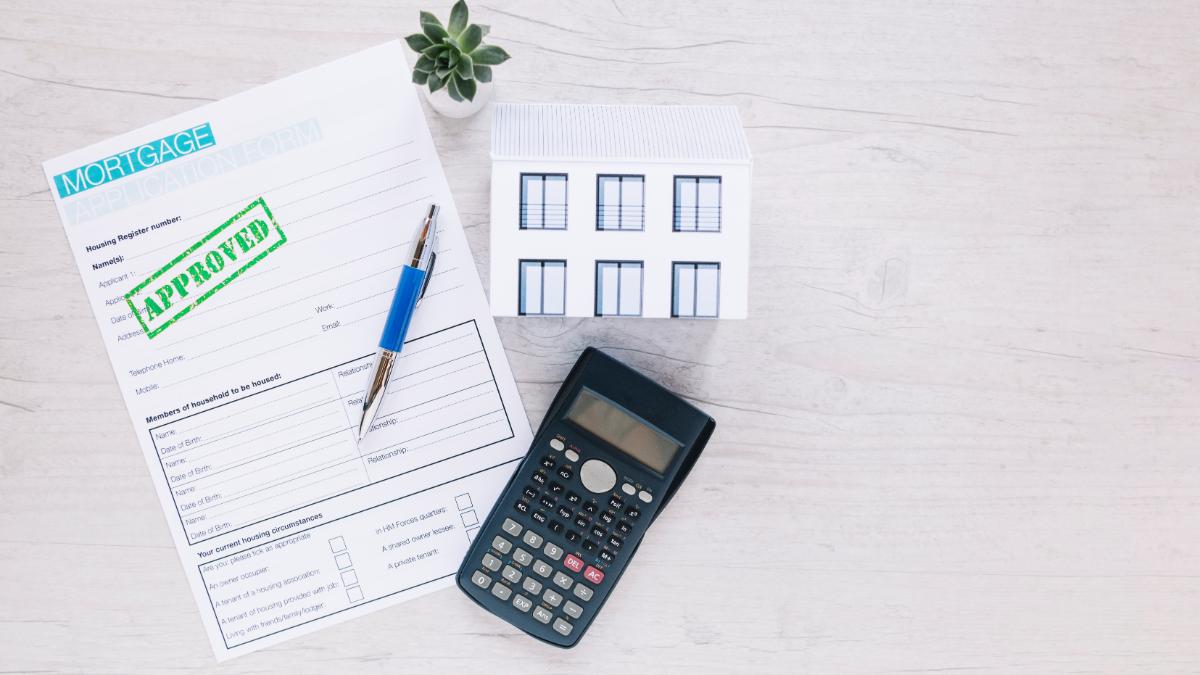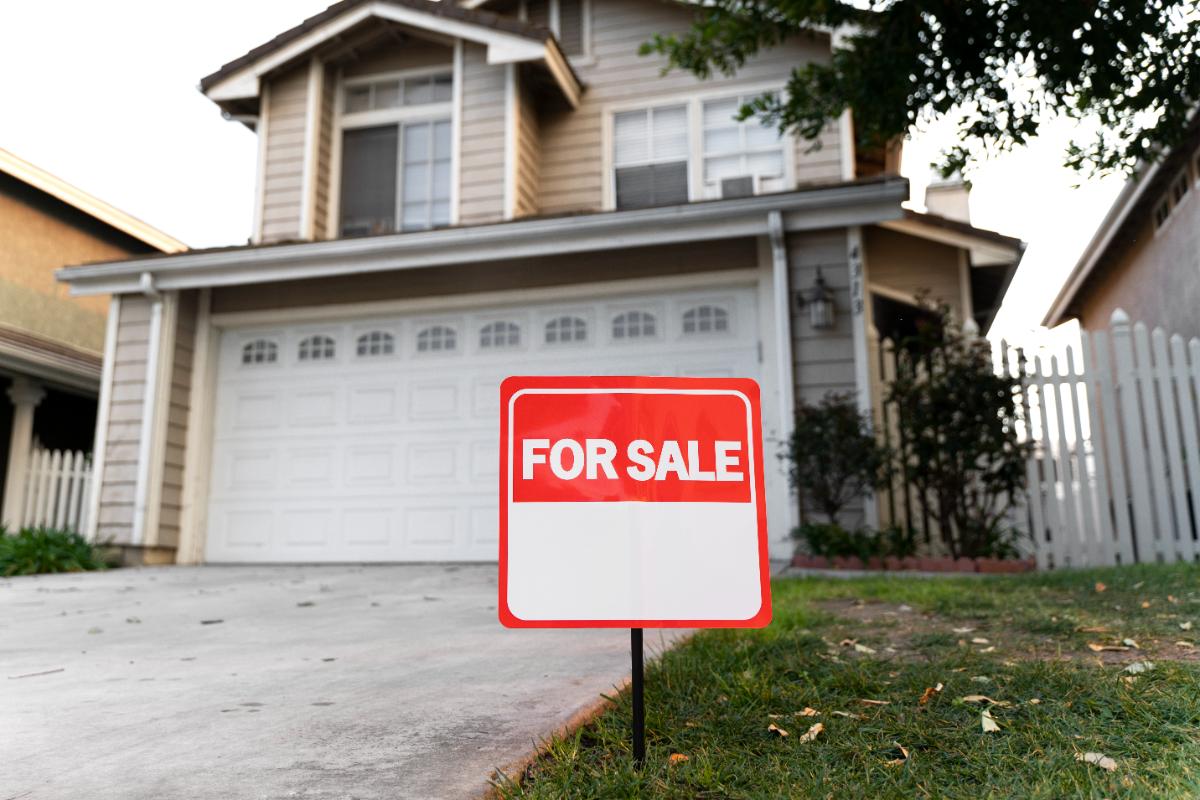Conveyancing Fees: A Complete Guide to Costs and Charges
Conveyancing fees are an essential part of any property transaction. Whether you're buying or selling a property, understanding these costs can save you from unexpected financial surprises and help you plan your budget effectively. Conveyancing fees cover the legal aspects of transferring property ownership and include a range of charges, from standard legal fees to additional hidden costs. Knowing what to expect and how to manage these expenses is crucial for both buyers and sellers.
In this guide, we’ll break down everything you need to know about conveyancing fees, helping you navigate the often-complex world of property transactions with confidence.
What Are Conveyancing Fees?
Conveyancing fees are the costs associated with the legal work required to transfer ownership of property from one person to another. These fees are necessary to ensure that the transaction complies with all legal requirements, protects both the buyer and the seller, and avoids future disputes over property ownership.
Conveyancing fees cover a range of services, including property searches, drafting legal documents, liaising with other solicitors, and ensuring that the sale or purchase is legally binding. These fees are a critical part of the process, as they ensure that every step of the property transaction is completed in compliance with property laws and regulations.
Breakdown of Standard Conveyancing Fees
Conveyancing fees typically include a variety of standard charges. These may vary depending on the solicitor or conveyancer you hire, but generally include:
- Legal fees: The cost of the solicitor or conveyancer’s time and expertise in handling your property transaction.
- Land Registry fees: Charges for registering the property with the Land Registry, ensuring the legal ownership is transferred.
- Search fees: The cost of conducting property searches to check for issues like planning restrictions or environmental risks.
- Stamp Duty Land Tax (if applicable): A tax paid when purchasing a property above a certain price threshold.
- Disbursements: Additional costs, such as fees for bank transfers, photocopying, and other administrative tasks.
Understanding these fees can help you budget more effectively and avoid unexpected expenses during your property transaction.
Fixed vs. Variable Conveyancing Fees
Conveyancing fees can be either fixed or variable, depending on how the solicitor or conveyancer structures their charges.
- Fixed conveyancing fees mean that the solicitor charges a set price for the entire transaction, regardless of how much time or effort is required. This offers peace of mind, as you know exactly how much you’ll pay from the outset.
- Variable conveyancing fees are based on the time spent on your case or the complexity of the transaction. These fees can fluctuate, which may result in higher costs if unexpected issues arise during the process.
Choosing between fixed and variable conveyancing fees depends on your comfort level with potential cost variations and your need for budget certainty.
Factors That Influence Conveyancing Fees
Several factors can influence the total cost of conveyancing. These factors are important to consider, as they can significantly impact the amount you’ll need to pay.
Property Type and Value
The type and value of the property you're buying or selling can have a direct impact on the conveyancing fees. Larger, more expensive properties often involve more legal work, which can result in higher costs. Additionally, certain types of property, such as leasehold properties, may require extra legal steps, such as reviewing lease agreements, adding to the total fee.
For example, purchasing a commercial property or a property with complex legal boundaries may incur higher conveyancing costs due to the additional research and documentation required.
Location and Legal Requirements
Conveyancing fees can also vary based on the location of the property. Properties in different regions may be subject to varying local property laws, which can affect the amount of legal work involved. For example, purchasing a property in Sydney may involve different search fees or legal requirements than buying a property in a rural area.
Local regulations can also affect how much conveyancing solicitors charge for their services. Some areas may require additional documentation or legal searches, contributing to higher costs.
.png)
Additional and Hidden Conveyancing Costs
In addition to the standard conveyancing fees, there are often additional and hidden costs that buyers and sellers should be aware of. These costs can sometimes catch people off guard, leading to unexpected expenses.
Disbursements and Searches
Disbursements are additional expenses that the solicitor pays on your behalf as part of the conveyancing process. These costs typically include property searches, such as:
- Local authority searches: To check for planning permissions, road proposals, or restrictions affecting the property.
- Environmental searches: To identify any environmental risks, such as flood zones or contamination.
- Drainage and water searches: To ensure the property is properly connected to water and drainage systems.
While these searches are essential for protecting buyers, they can add to the total cost of the transaction. Disbursements should be clearly outlined by your solicitor to help you understand what you’re paying for.
VAT and Administrative Charges
Another hidden cost in conveyancing is VAT (Value-Added Tax). Solicitors are required to add VAT to their services, which is currently 10% in Australia. This can increase your overall conveyancing fees significantly.
Additionally, there may be administrative charges, such as fees for registering documents with the Land Registry, bank transfer fees for transferring the funds, or photocopying charges for legal documentation. While these charges may seem small, they can add up over the course of the transaction.
How to Minimize Conveyancing Fees
While conveyancing fees are an unavoidable part of property transactions, there are ways to minimize the costs without compromising on the quality of service.
Comparing Conveyancing Quotes
One of the most effective ways to reduce conveyancing fees is by comparing quotes from different solicitors or conveyancers. Solicitors often charge varying rates depending on their experience, location, and the complexity of the transaction. By shopping around, you can find the best conveyancing quotes that suit your budget.
Many conveyancers offer free, no-obligation quotes, allowing you to compare prices and services without committing to a particular solicitor right away.
Negotiating Fixed Fee Packages
Another way to manage costs is by negotiating a fixed-fee package with your solicitor. This can give you a clear understanding of how much you’ll pay from the beginning, avoiding the uncertainty of variable fees. Fixed-fee packages are especially helpful if you're concerned about unexpected expenses cropping up during the conveyancing process.
Many solicitors are willing to offer fixed fees, especially for straightforward property transactions, so it’s worth discussing this option when choosing a conveyancer.
.png)
Conclusion
Understanding conveyancing costs and fees is essential for anyone involved in property transactions, whether you're a first-time homebuyer, a seasoned investor, or a seller. By familiarizing yourself with the various fees associated with conveyancing, including average costs and potential hidden expenses, you can better prepare for the financial aspects of buying or selling property.
How LegalFinda Can Help You
At LegalFinda, we understand how important it is to manage your conveyancing fees effectively. Our experienced conveyancing solicitors are committed to providing transparent, fair, and competitive pricing. Whether you're buying or selling property, we offer fixed-fee packages to give you peace of mind and help you stay on budget.
Ready to start your property transaction with clear and fair conveyancing fees? Contact our experienced conveyancers today for a no-obligation quote and ensure a smooth process from start to finish.
FAQs About Conveyancing Costs and Fees
What is included in conveyancing fees?
Conveyancing fees typically include legal fees, property searches, disbursements, and any applicable taxes, such as Stamp Duty Land Tax.
Are there any hidden costs in conveyancing?
Yes, hidden costs may include disbursements, VAT, and administrative charges. It's important to ask your solicitor for a full breakdown of costs to avoid surprises.
How much are conveyancing fees for first-time buyers?
Conveyancing fees for first-time buyers depend on the property type, location, and value, but typically range from $800 to $2,500. Comparing quotes can help reduce these costs.
Can conveyancing fees be negotiated?
Yes, many solicitors offer fixed-fee packages that can be negotiated to avoid unexpected costs. It's always worth discussing fees upfront.
Why do conveyancing fees vary between solicitors?
Conveyancing fees vary depending on the solicitor's experience, the complexity of the transaction, and local property laws. Comparing multiple quotes can help you find a solicitor that fits your budget.

LegalFinda Editorial Team
The LegalFinda Editorial Team is composed of qualified Australian solicitors, legal researchers, and content editors with experience across family, property, criminal, and employment law.
The team’s mission is to translate complex legislation into clear, reliable guidance that helps everyday Australians understand their legal rights and connect with the right lawyer.



